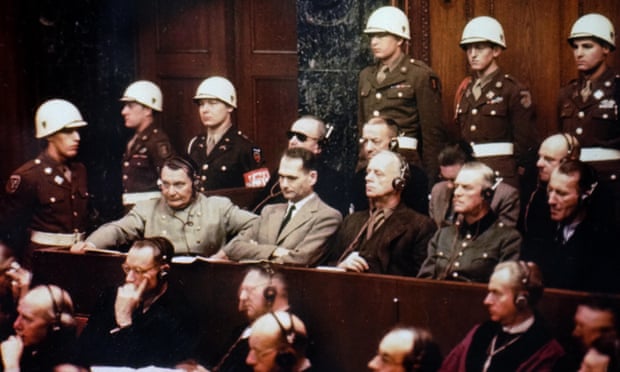
Both the concept of Transitional Justice and the memorialization of a violent past are relatively recent trends. Transitional Justice became a global project only in the 1990s when the international community developed various instruments for implementing Transitional Justice measures in post-conflict societies. A milestone was the establishment of the International Criminal Court. However, the problems of addressing a violent past in post-conflict societies and how to build a new, stable, peaceful, and just order are as old as civilized humankind. The seminar looks at different approaches in past centuries. It explores in various case studies the gradual development of the modern Transitional Justice concept starting at the end of World War I up to the present. The course also touches on some aspects of memory cultures. If the SARS-CoVid-19 pandemic conditions allow it, a one-day field trip to the Buchenwald Memorial in Weimar is planned. The notorious NS Concentration Camp at Buchenwald (1937-1945) was liberated by US forces that later handed the site over to the Soviet army. The Soviet NKVD ran in Buchenwald Special Camp no. 2 for the imprisonment of presumed German perpetrators. The Memorial is also an example of an ideologically monopolized memory culture during the GDR.
- Trainer/in: europast europast
- Trainer/in: Wolfram von Scheliha
